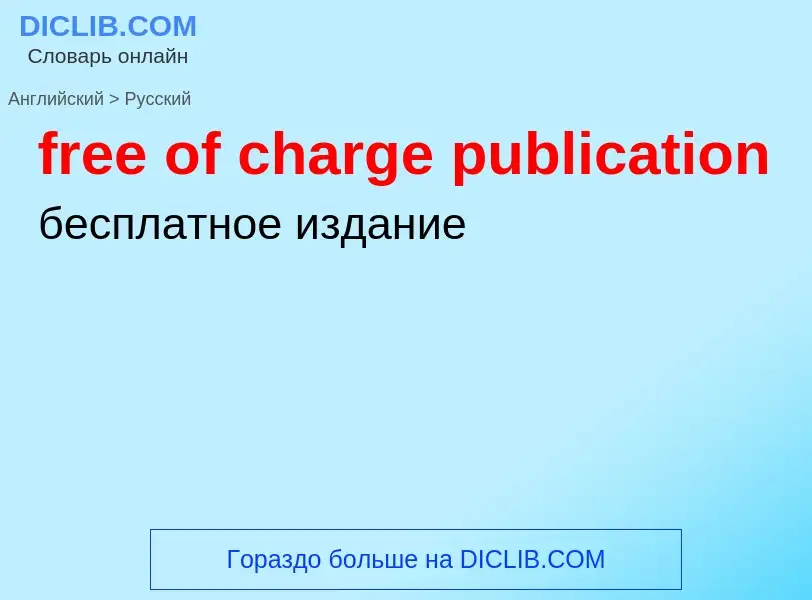Translation and analysis of words by ChatGPT artificial intelligence
On this page you can get a detailed analysis of a word or phrase, produced by the best artificial intelligence technology to date:
- how the word is used
- frequency of use
- it is used more often in oral or written speech
- word translation options
- usage examples (several phrases with translation)
- etymology
free of charge publication - translation to russian
общая лексика
сохранение заряда
Wikipedia
In physics, charge conservation is the principle that the total electric charge in an isolated system never changes. The net quantity of electric charge, the amount of positive charge minus the amount of negative charge in the universe, is always conserved. Charge conservation, considered as a physical conservation law, implies that the change in the amount of electric charge in any volume of space is exactly equal to the amount of charge flowing into the volume minus the amount of charge flowing out of the volume. In essence, charge conservation is an accounting relationship between the amount of charge in a region and the flow of charge into and out of that region, given by a continuity equation between charge density and current density .
This does not mean that individual positive and negative charges cannot be created or destroyed. Electric charge is carried by subatomic particles such as electrons and protons. Charged particles can be created and destroyed in elementary particle reactions. In particle physics, charge conservation means that in reactions that create charged particles, equal numbers of positive and negative particles are always created, keeping the net amount of charge unchanged. Similarly, when particles are destroyed, equal numbers of positive and negative charges are destroyed. This property is supported without exception by all empirical observations so far.
Although conservation of charge requires that the total quantity of charge in the universe is constant, it leaves open the question of what that quantity is. Most evidence indicates that the net charge in the universe is zero; that is, there are equal quantities of positive and negative charge.


